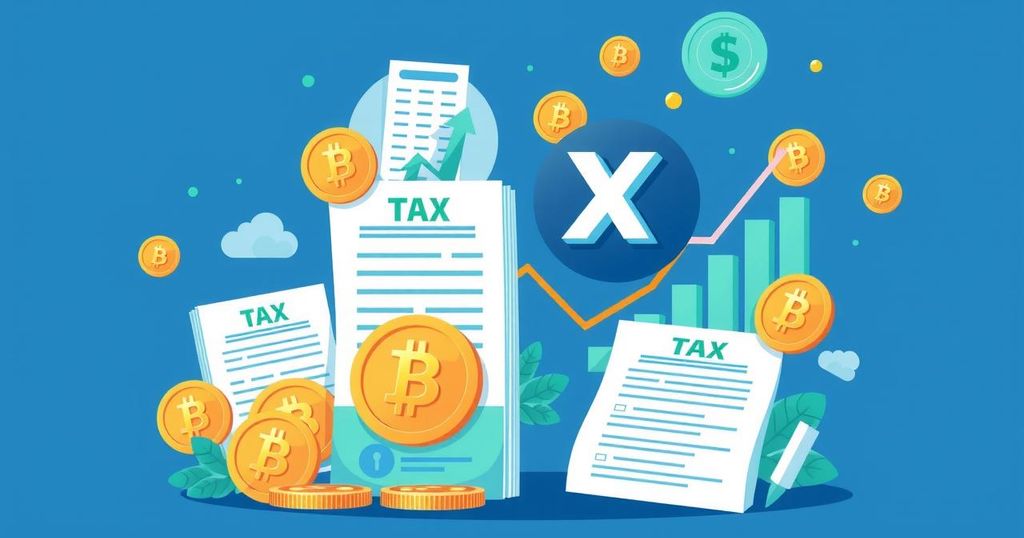Hugo Motta, the new lower house speaker in Brazil, has highlighted the urgent need for fiscal stability as the country’s economic situation remains precarious. He stresses that a strategy to increase revenues cannot succeed without controlling government spending. Despite recent struggles, the Brazilian real is experiencing an upturn, marking a significant period of recovery.
Hugo Motta, the newly elected speaker of Brazil’s lower house, emphasized the necessity of prioritizing fiscal stability within the country. In an interview on GloboNews, he articulated that the Brazilian government must recognize the critical state of its economy and the impracticality of a revenue-increasing strategy without concurrent expenditure control. He expressed deep concern over the troubling figures concerning Brazil’s economic situation and their potential adverse effects on the populace.
President Luiz Inacio Lula da Silva’s administration previously presented Congress with a package proposing cuts in government spending. This initiative sparked a downturn for the Brazilian real, as financial analysts viewed the measures as inadequate for effectively managing expenses. However, in recent days, the real has experienced a notable recovery, achieving its most extended period of gains in two decades.
The focus on fiscal stability in Brazil comes at a time of economic uncertainty, where government spending and revenue generation strategies are under scrutiny. Financial markets are particularly sensitive to governmental actions regarding budgets and potential spending cuts. The Brazilian real’s performance in the foreign exchange market reflects investor confidence and is essential for overall economic stability. The implications of fiscal policy decisions are vital for the well-being of the Brazilian population and the nation’s economic trajectory.
In conclusion, Hugo Motta’s remarks underscore the critical need for Brazil to address its fiscal challenges through expenditure management. With the government’s recent attempts at spending cuts and the fluctuating performance of the real, the path forward will require cohesive strategies to build economic stability and public trust. Addressing these issues is imperative for the well-being of the Brazilian populace and the stability of its economy.
Original Source: www.usnews.com




